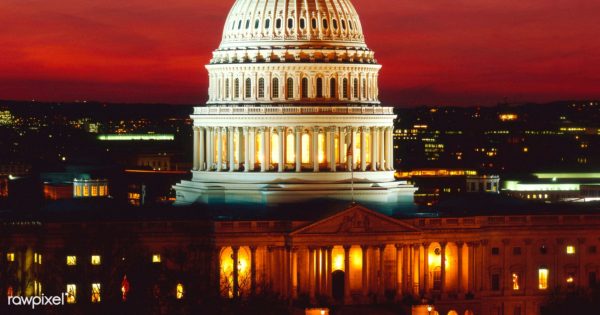
The clean transportation energy won several big victories this week as the House and Senate reached agreement on the FY 2020 spending bill. The House has passed the bill on Tuesday. The Senate is expected to approve it and the President is expected to sign it into law by the end of the week before the December 20th funding deadline. The bill includes a number of key provisions, which we have working hard on for several years.
It extends key alternative fuel tax incentives that have been expired since the end of 2017. Specifically, it extends:
- the $1.00-per-gallon tax credit for biodiesel and biodiesel mixtures, and the small agri-biodiesel producer credit of 10 cents per gallon, retroactively for 2018 and 2019 and prospectively through 2022;
- the alternative fuel excise credit retroactively for 2018 and 2019 and through 2020;
- the alternative fuel infrastructure credit retroactively for 2018 and 2019 and through 2020; and
- the credit for qualified fuel cell vehicles retroactively for 2018 and 2019 and through 2020.
The bill also:
- includes $40 million for the DOE Clean Cities program – a nearly $3 million increase over last year;
- includes $20 million for Electric Vehicle Community Partners Projects competitive grants;
- includes up to $781 million to fund alternative fuel infrastructure along highway corridors designated by the Department of Transportation;
- includes $87 million for the EPA Diesel Emission reduction grants; and
- requires the Federal Highway Administration to approve all clean vehicle projects submitted prior to April 17, 2018 using the previous criteria (final assembly in the United States) and it directs the agency to review and respond to Buy America waiver requests within 60 days of submission.
